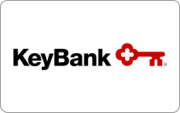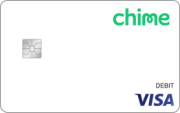The content on this page is accurate as of the posting date; however, some of the offers mentioned may have expired.
A certificate of deposit (CD) offers a fixed high interest rate for a set amount of time (typically three months to five years). If you withdraw your money before the maturity date, you may have to pay a penalty.
A savings account is the most basic account for saving available through a bank or credit union. This type of account allows you to easily deposit money while earning a small amount of interest on your balance. You can withdraw money from your savings account whenever you want (in some cases with a debit card). However, there may be limits on the number of transactions you're allowed to make.
Both CDs and savings accounts are insured up to $250,000. CDs are federally insured, and savings accounts can be insured by the Federal Deposit Insurance Corp. (FDIC) or the National Credit Union Administration.
Traditional savings accounts have variable interest rates, which means they can go up or down over time based on market conditions. CDs generally offer fixed interest rates that do not change during the account's term. When you open the CD, the rate depends on market conditions at the time you open the CD, duration, and the amount of your deposit.
Overall, the biggest advantage of CDs is the higher interest rate. So it's good to know what's happening with interest rates before opening a CD. When rates are falling, you could benefit from locking your money in a CD with a higher rate.
When to consider a savings account:
- you need money to be accessible, like an emergency fund
- you're saving for a smaller or relatively short-term goal
- you're primarily putting money aside rather than trying to grow it
- you don't mind variable interest rates
- you have a small opening balance
When to consider a CD account:
- you can afford to let the money sit for a while
- you're saving for a bigger or longer-term goal
- you're trying to grow your money a little
- you'd prefer to lock in your interest rate with a fixed rate
- you've got a larger opening balance.
Of course, you don't have to choose between one or another and open both accounts. For example, you could use a savings account to build up a rainy-day fund, and a CD account to save for a down payment on a home.








